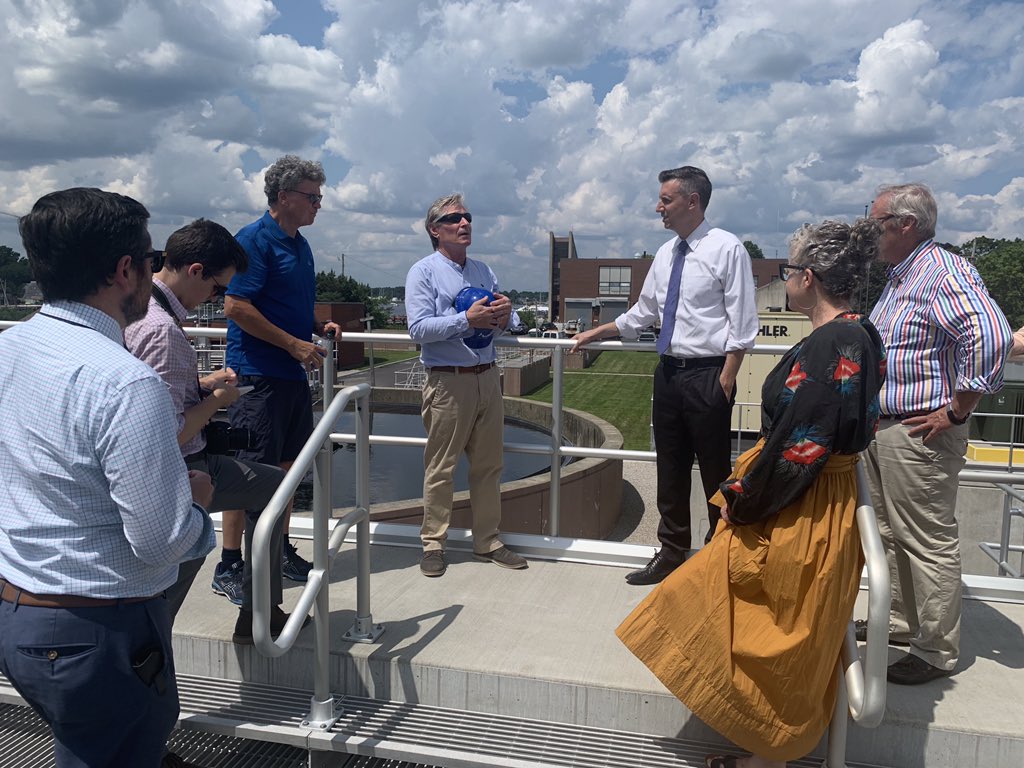RI Infrastructure Bank’s impact on state’s economy and environment
Rhode Island General Treasurer Seth Magaziner issued an overview of the impact of the Rhode Island Infrastructure Bank, which has invested more than $734 million in energy efficiency, renewable energy, and resiliency projects in 32 communities across the state while directly supporting over 17,250 jobs since its current iteration was established in 2015.
“High-quality infrastructure and a clean environment are vital to Rhode Island's economic prosperity,” said General Treasurer Seth Magaziner.
“When I took office in 2015, I made investing in clean energy a priority, recognizing that we could put thousands of Rhode Islanders to work in good-paying jobs that would improve our natural environment, reduce carbon emissions, and help municipalities, businesses, and residents save money on energy costs all at once. The Rhode Island Infrastructure Bank is delivering on those goals while making our state more economically competitive.”
In total, the municipalities, agencies, small businesses, and nonprofits that participated in Infrastructure Bank programs saved $169,894,038.58 on energy and financing costs from FY2016-FY2021, reducing costs to Rhode Island cities and towns and residents as well as small business owners, making it easier for Rhode Islanders to keep up with the rising cost of living.
In 2015, Treasurer Magaziner partnered with then-Governor Raimondo and the Rhode Island General Assembly to expand the Clean Water Finance Agency, leading to the creation of the Infrastructure Bank. New programs that were created by the 2015 legislation include:
· Commercial Property Assessed Clean Energy (C-PACE): an innovative financing program that provides up to 100% of the cost of financing for energy efficiency and renewable energy projects in commercial or industrial properties including office buildings, manufacturing facilities, agricultural facilities, non-profit organizations, and multi-family housing units.
· Efficient Buildings Fund: a low-cost financing program for municipalities and quasi-public agencies to complete energy efficiency and renewable energy projects in public buildings.
· Municipal Resilience Program: a program that provides direct assistance to cities and towns to complete a locally-driven process to identify priority projects that improve the community’s climate resilience.
In addition to an overview of all the projects and initiatives funded by the Rhode Island Infrastructure Bank, the report also includes a list of necessary next steps to make significant progress to expand clean energy and make communities more resilient.
Treasurer Magaziner's Rhode Island Infrastructure Bank Impact
Overview can be found at: www.treasury.ri.gov/riib.
